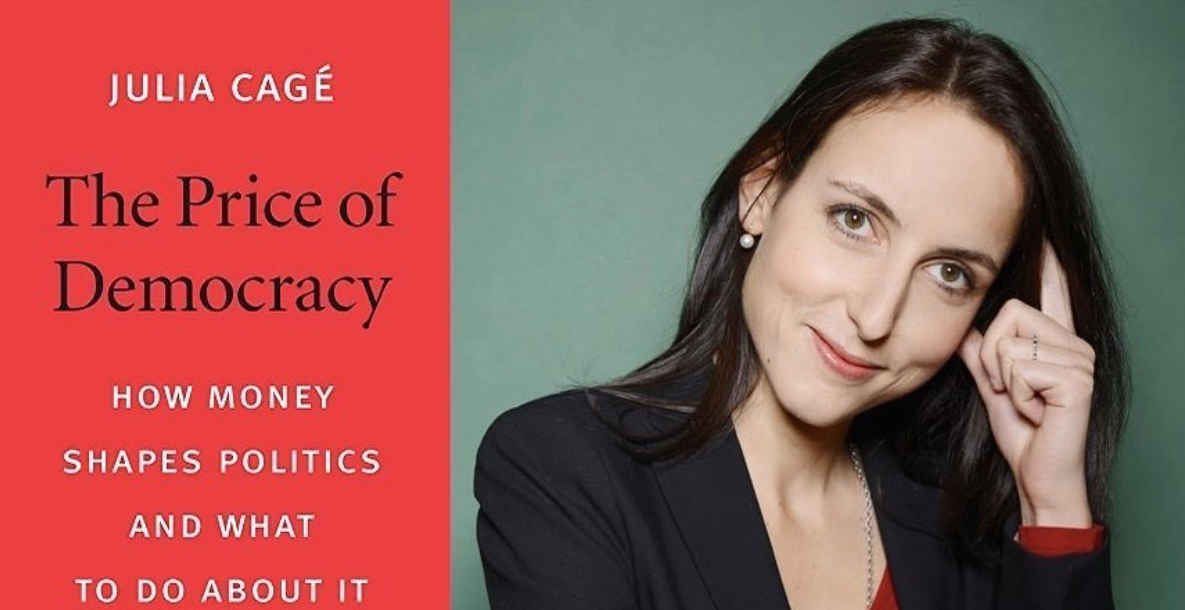风萧萧_Frank
以文会友The Price of Democracy: How Money Shapes Politics and What to Do about It
Event time is displayed in your time zone.
Julia Cagé, with a response by Alexander Hertel-Fernandez, moderated by Anya Schiffrin
One person, one vote. In theory, everyone in a democracy has equal power to decide elections. But it’s hardly news that, in reality, political outcomes are heavily determined by the logic of one dollar, one vote. We take the political power of money for granted. But does it have to be this way? And how does this equation play out in the current U.S. presidential election? In The Price of Democracy, Julia Cagé combines economic and historical analysis with political theory to show how profoundly our systems in North America and Europe, from think tanks and the media to election campaigns, are shaped by money. She proposes fundamental reforms to bring democracy back into line with its egalitarian promise. At a time of widespread political disenchantment, The Price of Democracy (Harvard University Press) is a bracing reminder of the problems we face and an inspirational guide to the potential for reform.
Julia Cagé is Assistant Professor of Economics in the Department of Economics at Sciences Po Paris. She is also co-director of the Laboratory for Interdisciplinary Evaluation of Public Policies’“Evaluation of Democracy” research group and a Research Affiliate of the Center for Economic and Policy Research.
Alexander Hertel-Fernandez is a political scientist who studies the political economy of the United States, with an emphasis on the politics of organized interests and public policy. The author of Politics at Work (Oxford UP), Hertel-Fernandez has examined strategies that businesses use to lobby across the states, and ways that wealthy individuals intervene in politics.
Anya Schiffrin is the director of the Technology, Media, and Communications specialization at Columbia University’s School of International and Public Affairs. She recently received her PhD from the University of Navarra. She is the editor of Global Muckraking: 100 years of Investigative Journalism from Around the World (New Press, 2014) and African Muckraking: 75 years of investigative reporting from Africa (Jakana 2016).
Event co-sponsored by the Columbia Maison Française, Alliance Program, Department of Economics, SIPA and Columbia Global Centers / Paris.





